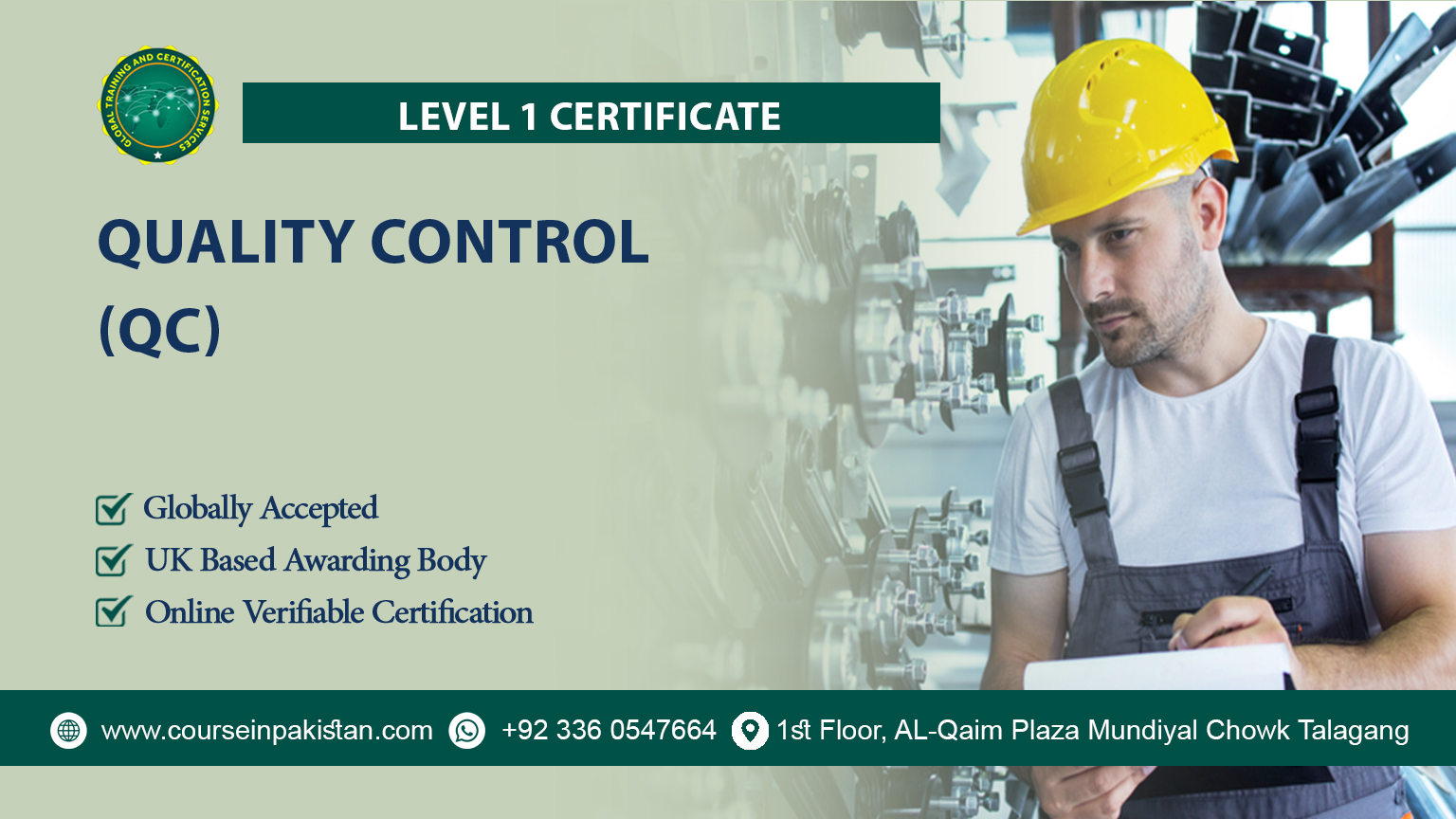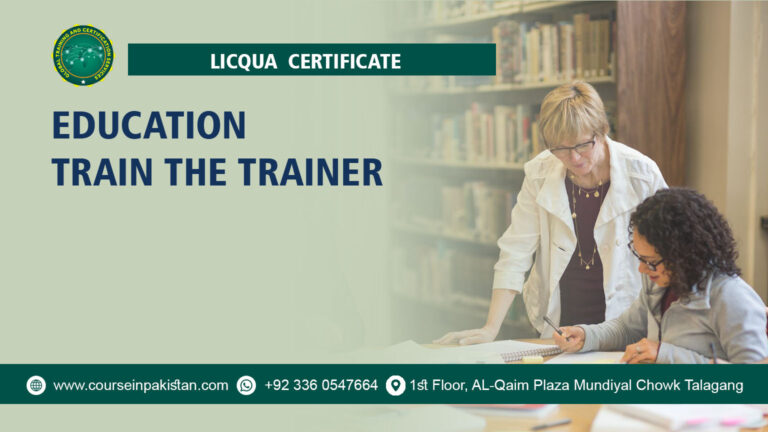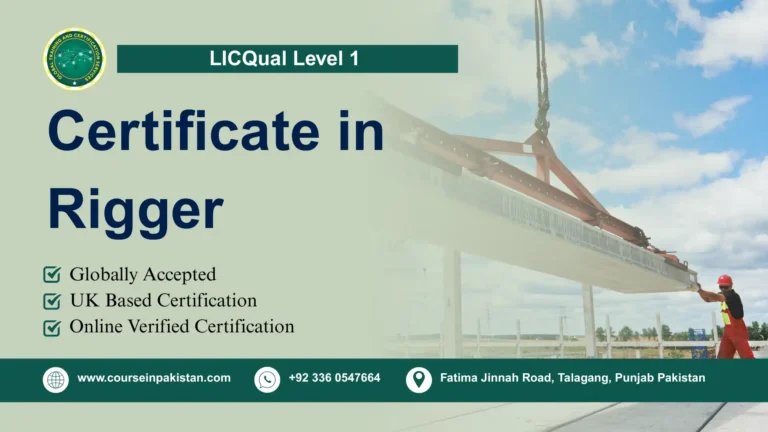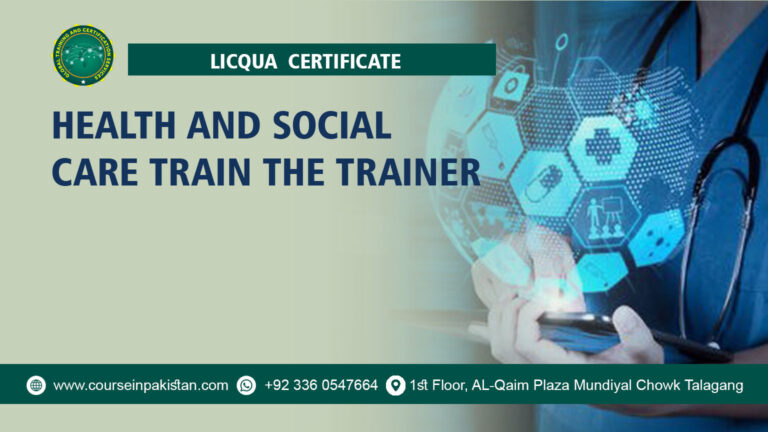
Level 1 Certificate in Quality Control (QC)
In today’s competitive global market, ensuring consistent quality is paramount for any organization striving to maintain customer satisfaction and operational efficiency. The Level 1 Certificate in Quality Control (QC) is designed to equip individuals with essential skills and knowledge to effectively contribute to quality assurance practices in various industries. Whether you’re stepping into a new career or seeking to enhance your existing skills, this course provides a solid foundation in quality control principles and practices.
The Level 1 Certificate in QC introduces participants to the fundamental concepts and methodologies of quality control. This course is ideal for individuals looking to understand the importance of quality assurance in ensuring products and services meet stringent standards. It covers essential aspects such as quality inspection, defect identification, and corrective actions, preparing learners to implement effective quality control measures within their organizations.
Participants will delve into key topics essential for quality control:
- Foundations of Quality Control: Understanding the principles and importance of quality standards.
- Quality Control Tools and Techniques: Learning various tools like control charts and Pareto analysis to monitor and improve processes.
- Data-Driven Decision-Making: Using statistical methods to analyze data and make informed decisions.
- Practical Applications of QC: Applying theoretical knowledge to real-world scenarios for effective quality management.
- Expert Guidance and Support: Accessing mentorship to navigate challenges and enhance learning.
Course Benefits
- Enhanced Skills: Develop practical skills in quality inspection, defect analysis, and corrective actions.
- Career Advancement: Increase employability in roles requiring proficiency in quality assurance.
- Industry Recognition: Earn a recognized certification demonstrating competence in QC.
- Operational Efficiency: Contribute to improved product/service reliability and customer satisfaction.
- Personal Development: Gain critical thinking and problem-solving skills applicable across industries.
Course Study Units
- Introduction to Quality Control
- Basic Quality Concepts
- Quality Control Tools and Techniques
- Quality Standards and Regulations
- Inspection and Testing Methods
- Documentation and Reporting
- Quality and Safety
- Quality Control in Practice
- Quality Control Skills Development
- Final Assessment and Certification
Learning Outcomes
Upon successful completion of the Level 1 Certificate in Quality Control (QC) course, participants will:
- Gain a solid understanding of fundamental quality control concepts, principles, and terminology.
- Be proficient in using basic QC tools and techniques for data collection, analysis, and process improvement.
- Understand industry-specific quality standards, regulations, and the importance of compliance.
- Be capable of conducting inspections, tests, and measurements to evaluate product or process quality.
- Develop problem-solving skills to address quality-related issues in real-world scenarios.
- Recognize the importance of maintaining accurate records and reporting QC activities effectively.
- Understand the relationship between safety and quality, ensuring safety priorities in quality control practices.
- Develop strong communication skills for clear and concise reporting of findings and recommendations.
- Collaborate effectively in quality control teams to maintain and improve quality standards.
- Foster critical thinking skills for data analysis, informed decision-making, and continuous improvement.
- Comprehend ethical considerations in QC, including transparency, honesty, and integrity.
- Acquire industry-relevant knowledge and skills applicable to specific fields.
- Build a strong foundation for further education and career growth in quality control.
Who is This Course For?
The Level 1 Certificate in QC is suitable for:
- Entry-level professionals seeking to enter the field of quality assurance.
- Employees involved in manufacturing, production, or service sectors.
- Individuals interested in enhancing their understanding of quality control principles and practices.
Future Progression for This Course
Upon completing the Level 1 Certificate in QC, participants can consider advancing their knowledge and skills through:
- Level 2 Certificate in Quality Assurance: Further exploration of quality management systems and auditing practices.
- Advanced Quality Control Courses: Specialized training in statistical process control (SPC) or lean manufacturing principles.
- Quality Management Diplomas: Comprehensive programs covering quality management across various industries.
the Level 1 Certificate in Quality Control equips learners with fundamental skills and knowledge essential for ensuring and maintaining high standards of quality in today’s competitive market. Whether you’re starting your career journey or seeking to enhance your professional capabilities, this course offers a pathway to success in quality assurance roles and beyond. Embrace the opportunity to excel in quality management and contribute to organizational excellence.






